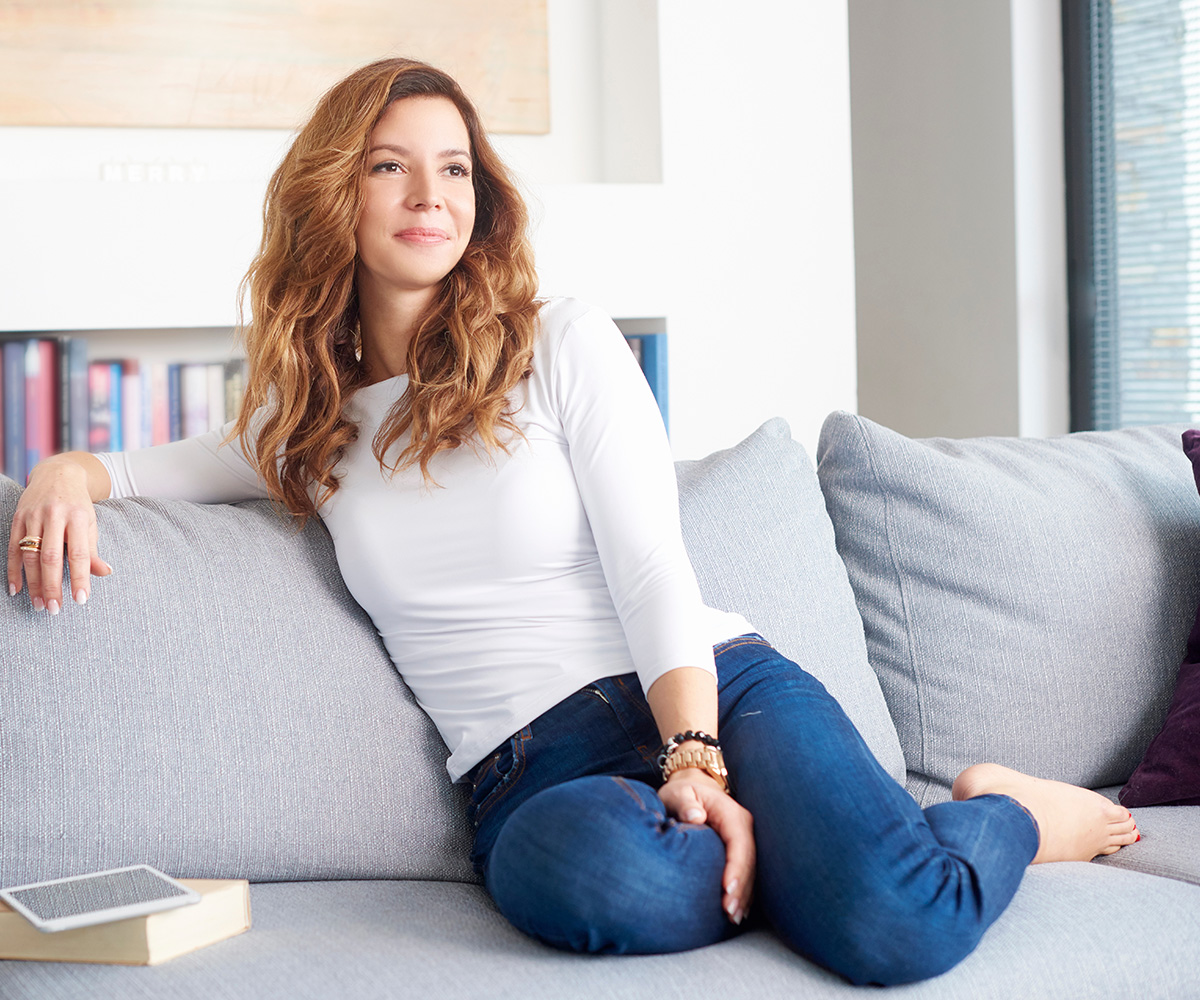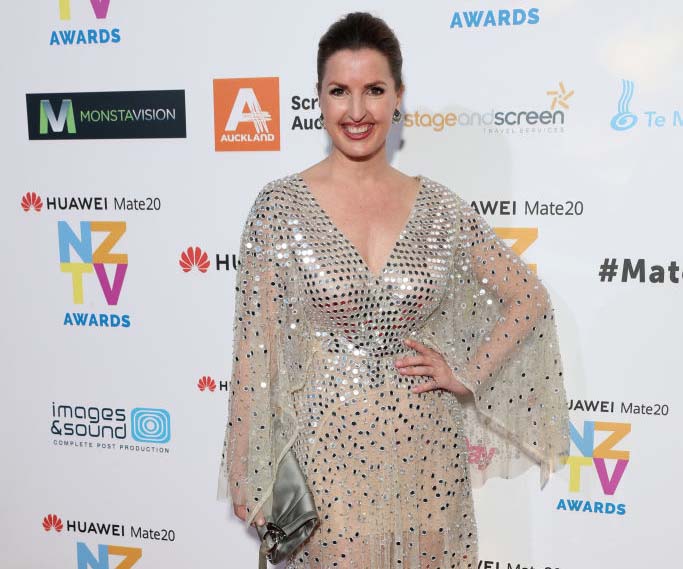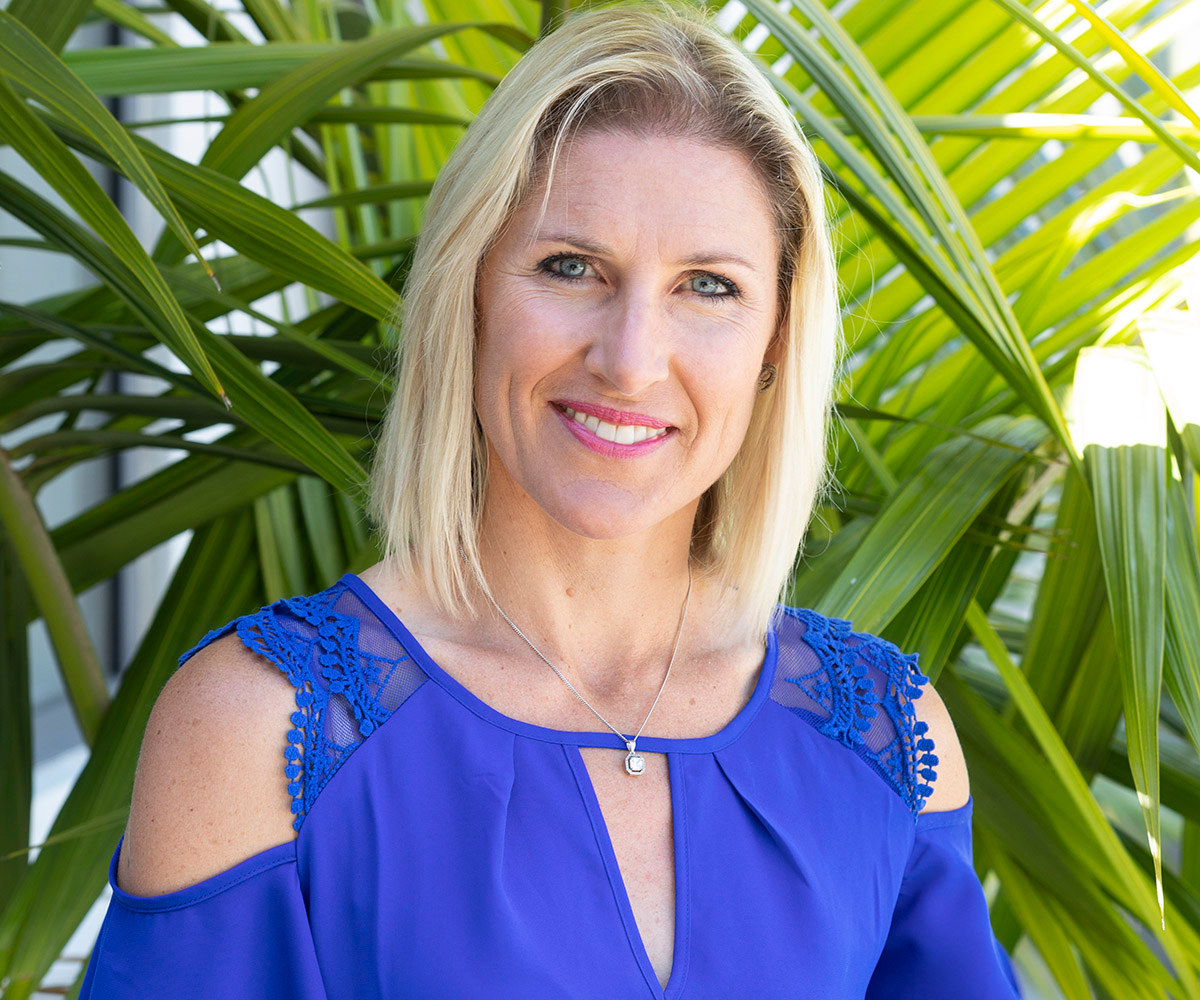For many of us, the decision to start a family is happening much later than for previous generations, and conceiving isn’t always easy once the timing is right.
The reality is that women are born with a finite number of eggs and, as we age, the number and quality continuously declines until there comes a time where we can no longer conceive.
Therefore, it isn’t surprising that more people are investigating fertility options.
IVF, sperm donors and surrogacy are all commonly used methods when natural conception isn’t possible, but for women wanting to preserve their fertility, egg freezing is becoming increasingly popular.

One cycle of egg freezing currently costs $9500.
(Credit: Getty Images)Dr Mary Birdsall works in reproductive medicine and gynaecology at Fertility Associates and explains that the first step for those wanting to freeze their eggs is to meet with a fertility specialist, who will explain the options, run tests to assess your current fertility and help you to make a plan.
The actual treatment begins with taking medication that mimics the body’s reproductive hormones, which is used to stimulate the ovaries and increase the number of eggs available.
A simple medical procedure is used to collect the eggs once they have matured, after which they are frozen using a method called vitrification and stored in a lab.
Hundreds of eggs are frozen each year, and they can remain frozen for up to 10 years.
When you would like to use the eggs, they are thawed and sperm is added to create embryos, similar to IVF. The best embryo will be transferred to your uterus.
If you already have a partner but are not ready to conceive, freezing embryos may be an option to consider.
Egg freezing has been around for the past decade, but as it’s still a relatively new technique, there isn’t enough data to calculate reliable success rates.
According to Mary, around 30 babies have been born from this method in New Zealand and thousands more overseas.
Making a baby from a frozen egg might sound like a risky procedure, but she says the danger is minimal for the woman and no differences have been reported in the health of the babies.
“We’re seeing really great outcomes with the eggs we’re currently freezing,” she adds.

Women who want to future-proof their family plans should consider having their eggs frozen by the age of 35.
To boost your chances of success, there are some things you can do.
Freezing your eggs at a younger age and freezing a higher number of eggs can increase the odds.
To put the impact of age into perspective, a 36-year-old woman would need 10 eggs for a 50 per cent chance of having a child. Just three years later, the same woman would need 16 eggs to have the same chance.
“Some people ask what the ideal age is,” says Mary. “I think for the average person, having eggs in the freezer by 35 is a good aim. It’s kind of a trade-off between not doing it too early, because you might not even need to, but not doing it too late.”
She explains that she most often sees women in their mid-thirties who know they want to have a baby, but aren’t currently in a situation where that’s going to happen.
“It might be someone who is single, recently broken up, or the guy is unsure and she just doesn’t want to lose the opportunity.”

Experts say around 30 babies have been born from egg freezing in New Zealand.
Despite vast improvements in the technology over recent years, Mary makes it clear that it shouldn’t be considered a form of fertility insurance and that a baby isn’t guaranteed.
Not all eggs can be frozen, not all the eggs will survive when thawed, a transfer doesn’t always result in a pregnancy, and like any pregnancy, miscarriage always remains a possibility.
One cycle of egg freezing currently costs $9500, and any subsequent cycles get cheaper. To thaw and use the eggs involves an additional cost of around $4500.
Egg retrieval, freezing and storage is publicly funded for those whose fertility will be permanently impaired by publicly funded treatment for medical conditions such as cancer.
Regardless of your age or situation, Mary encourages all women to have a conversation with their mother about the age they went through menopause as a starting point.
It will give you an idea of your reproductive timeframe – or you can have your AMH (anti-Müllerian hormone) levels measured with a blood test.
“All women should be smart about this. They should get some information about what their reproductive timespan looks like and then they can make some decisions that work for them.”
 Shutterstock
Shutterstock



